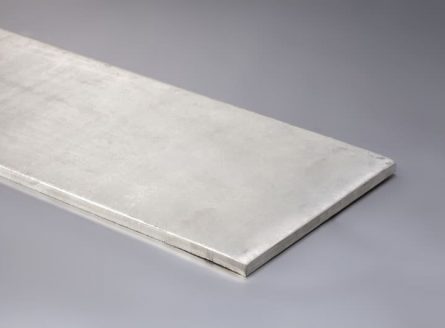Tin
Tin Ingots
Tin is a silvery-gray metallic element. The symbol is Sn, from the Latin stannum, and its atomic number is 50. Almost every continent has a source in the earth for tin. It is usually found in the form of cassiterite which is an oxide.
Tin is also widely used in the production of ornamentation. The metal has been used for many other purposes, such as coatings. Its high corrosion resistance make it an excellent choice for many applications. The major user of Tin worldwide has been in the canning industry. Tin cans, used for packaging food and drink, when made of steel sheet, are plated with a thin layer of tin.
Although the entire world production of tin is small in tonnage, the uses of this metal are of maximum importance and are more widely spread industrially than those of almost any other metal.
Tin is an important constituent of most solders and other alloys such as Babbitt metal and bronze. In addition to a wide range of manufacturing uses, the metal is also nutritionally necessary, albeit in trace amounts.


Tin Balls
Purity: the purity of tin balls is 99.85% to 99.9% minimum. We also have 100 ppm and 50 ppm “Lead Free” tin.
Tin balls are made from primary tin, i.e. from “non-recycled” raw material. This shape has been specially designed for surface treatment in order to increase the anodic surface, to avoid the “bridging” effect and to slide evenly in the bottom of the titanium baskets until it is completely dissolved.
Uses: Tin balls are used as anodes in methanesulfonic acid baths. The main use is reel to reel tin plating. They are placed in cylindrical or rectangular titanium baskets with a funnel to optimize filling. An anode bag is recommended for filtration.
Tin Anodes
Purity: the flat (or smooth) tin anodes purity is 99.85% to 99.9% minimum. We also have 100 ppm and 50 ppm “Lead Free” tin.
Tin anodes are made from primary tin, i.e. from “non-recycled” raw material. With our know-how and innovative manufacturing process, we are providing anodes without dross or oxidation.
Uses: flat tin anodes are used in methane sulfonic acid, sulfate and tetrafluoborate baths. They are also used in alkaline baths with potassium stannate and sodium stannate. The main use is tin coating for electrical, electronic, connector, automotive and food industries. A polypropylene bag placed directly over the tin anode is recommended for filtration.


